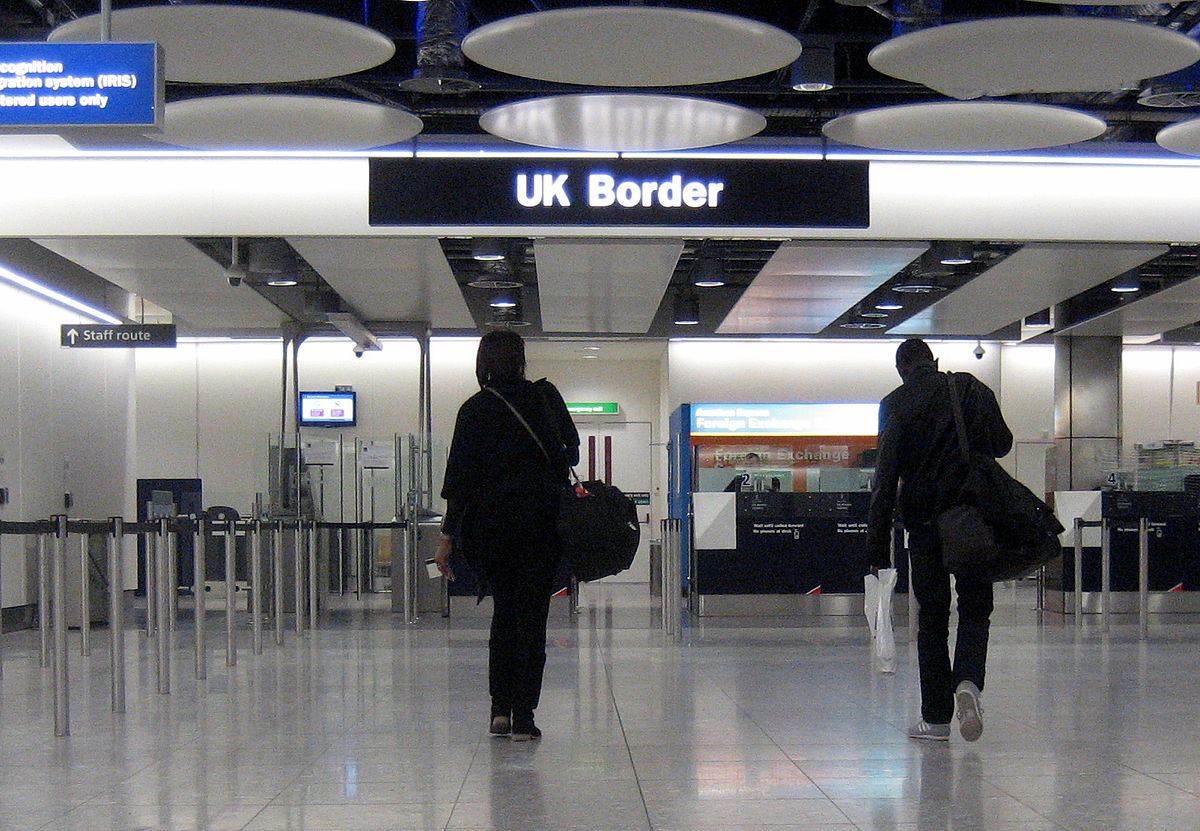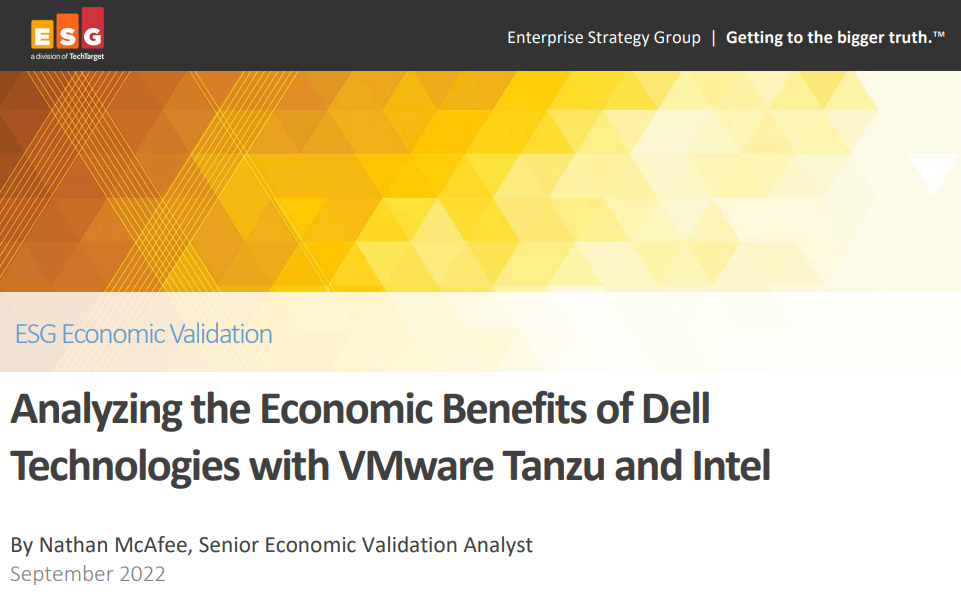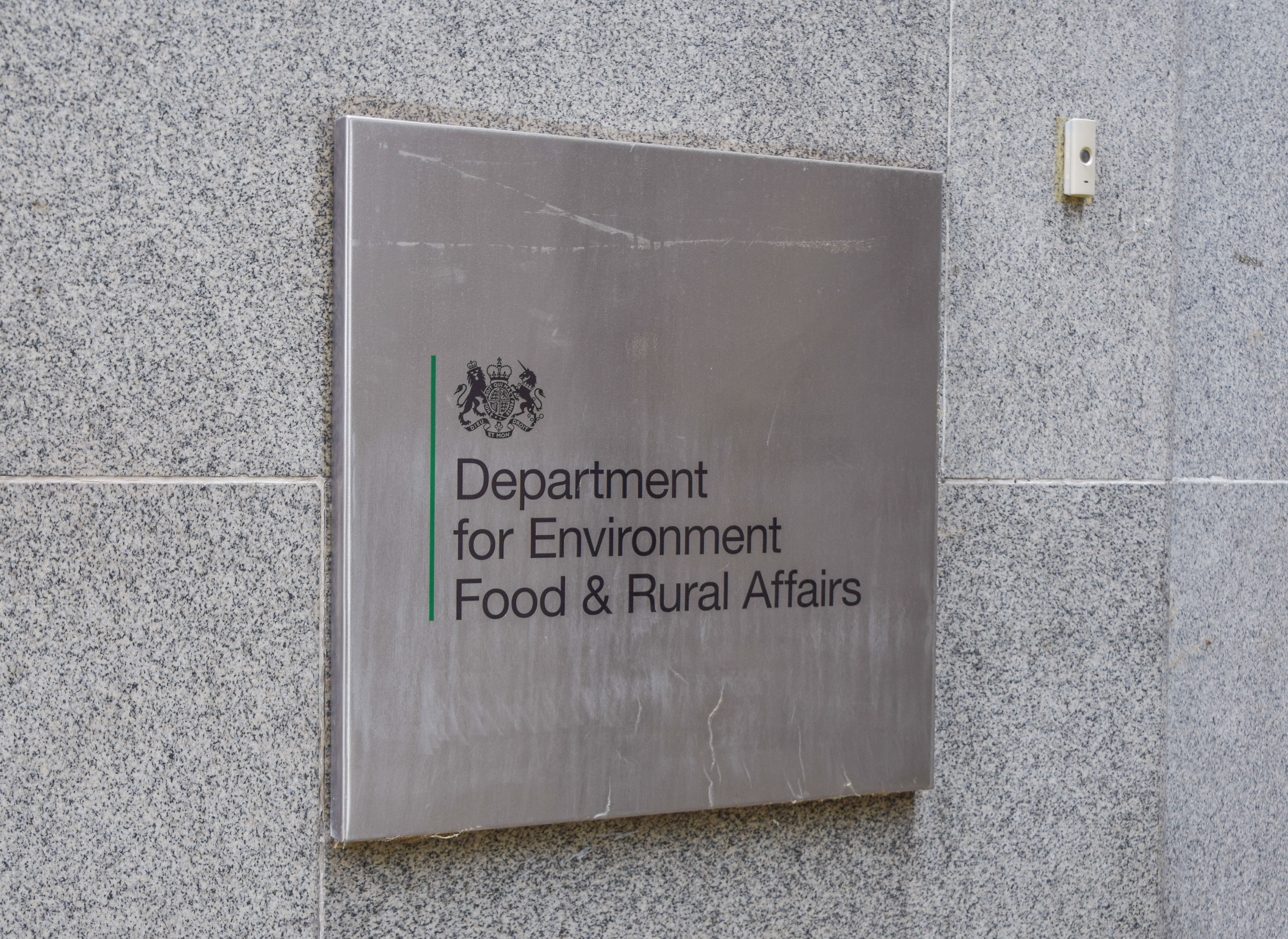UK government "reckless" over lack of Brexit border IT investment
Almost half of the UK border's IT systems need to be upgraded before Brexit, says PAC

UK border controls could be thrown into chaos on the first day of Brexit as the government has no plans to make the necessary upgrades to ageing IT systems.
The government attitude that there will be no additional border risks once the UK leaves the EU, and that there will be no changes to cross-border trade and travel, has been described as "extremely worrying" in a report by the Public Accounts Committee.
This stance has meant that the government's Border Planning Group is not anticipating any major infrastructure upgrades at the border between now and March 2019, despite the claim that many departments are planning for a no-deal scenario, according to the PAC.
However, the report found that 30 of the 85 IT systems currently used at the border crossing will either need to be altered or replaced entirely if they are to work effectively after Brexit. This includes the need for five brand new and three replacement systems to infrastructure currently supplied by the EU.
"Major changes to border management are difficult to make and will require strong coordination across government and with many stakeholders," the PAC report stated. "Given the track record it seems unlikely that all the new systems needed to manage the border effectively after we exit the EU will be successfully delivered, and even if things go to plan, departments accept already that not all the systems would be ready by March 2019."
It added that past difficulties in upgrading IT systems have left many border processes reliant on outdated technology and, in some cases, paper-based systems.
The report also criticises the government's approach to the collection of data, pointing to a failed 2003 e-borders programme designed to improve the collection and analysis of passenger information, which was eventually cancelled in 2010 to the cost of 150 million in unfulfilled contracts. The replacement programme, known as Digital Services at the Border (DSAB), will not be complete until 2019, according to the PAC.
Get the ITPro daily newsletter
Sign up today and you will receive a free copy of our Future Focus 2025 report - the leading guidance on AI, cybersecurity and other IT challenges as per 700+ senior executives
"Government preparations for Brexit assume that leaving the EU will present no additional border risks from freight or passengers. It has acted - or rather, not acted - on this basis," said committee chair and Labour MP Meg Hillier.
"This approach, in the context of what continues to be huge uncertainty about the UK's future relationship with the EU, might generously be described as cautious. But against the hard deadline of Brexit it is borderline reckless - an over-reliance on wishful thinking that risks immediately exposing the UK to an array of damaging scenarios."
Officials are now relying too much on the possibility of a transitionary period in which they will have the time to make the necessary upgrades to the IT systems, the report added.
There are also concerns about funding, as departments are "still negotiating with the Treasury on a case-by-case basis to secure their shares of the 250 million available to all departments". The Home Office has reportedly been given 60 million for the 2017-18 period but is still negotiating about future funding.
HMRC is also still negotiating over its 7.3 million plan to replace its CHIEF system as a contingency in the event that the Customs Declaration Service, an upgraded system that takes into account new requirements from the EU, is not ready in time.
A government spokesperson told the Independent: "We are fully focused on making the UK's exit from the EU a success. We have set out proposals for an ambitious future trade and customs relationship with the EU and we will be setting out proposals for the future immigration system in due course.
"We will, of course, ensure we have the resources we need to continue to run an effective customs, borders and immigration system in the future."
Photo by dannyman / CC BY 2.0
Dale Walker is a contributor specializing in cybersecurity, data protection, and IT regulations. He was the former managing editor at ITPro, as well as its sibling sites CloudPro and ChannelPro. He spent a number of years reporting for ITPro from numerous domestic and international events, including IBM, Red Hat, Google, and has been a regular reporter for Microsoft's various yearly showcases, including Ignite.
-
 Bigger salaries, more burnout: Is the CISO role in crisis?
Bigger salaries, more burnout: Is the CISO role in crisis?In-depth CISOs are more stressed than ever before – but why is this and what can be done?
By Kate O'Flaherty Published
-
 Cheap cyber crime kits can be bought on the dark web for less than $25
Cheap cyber crime kits can be bought on the dark web for less than $25News Research from NordVPN shows phishing kits are now widely available on the dark web and via messaging apps like Telegram, and are often selling for less than $25.
By Emma Woollacott Published
-
 Better together
Better togetherWhitepaper Achieve more with Windows 11 and Surface
By ITPro Published
-
 Transforming the enterprise
Transforming the enterpriseWhitepaper With Intel and CDW
By ITPro Published
-
 The top trends in money remittance
The top trends in money remittanceWhitepaper Tackling the key issues shaping the money remittance industry
By ITPro Published
-
 How Kantar revamped its IT infrastructure after being sold off
How Kantar revamped its IT infrastructure after being sold offCase Study Being acquired by a private equity firm meant Kantar couldn’t rely on its parent company’s infrastructure, and was forced to confront its technical shortcomings
By Rene Millman Published
-
 Deutsche Bank wraps up Postbank IT integration after bug-laden migrations
Deutsche Bank wraps up Postbank IT integration after bug-laden migrationsNews The IT merger is expected to generate annual savings of €300 million by 2025
By Daniel Todd Published
-
 Analyzing the economic benefits of Dell Technologies with VMware Tanzu & Intel
Analyzing the economic benefits of Dell Technologies with VMware Tanzu & IntelWhitepaper ESG economic validation
By ITPro Published
-
 Defra needs £726 million to modernize pervasive legacy IT issues
Defra needs £726 million to modernize pervasive legacy IT issuesNews A significant portion of IT systems are reportedly still in extended support or are fully unsupported
By Ross Kelly Published
-
 Former TSB CIO fined £81,000 for botched IT migration
Former TSB CIO fined £81,000 for botched IT migrationNews It’s the first penalty imposed on an individual involved in the infamous migration project
By Ross Kelly Published